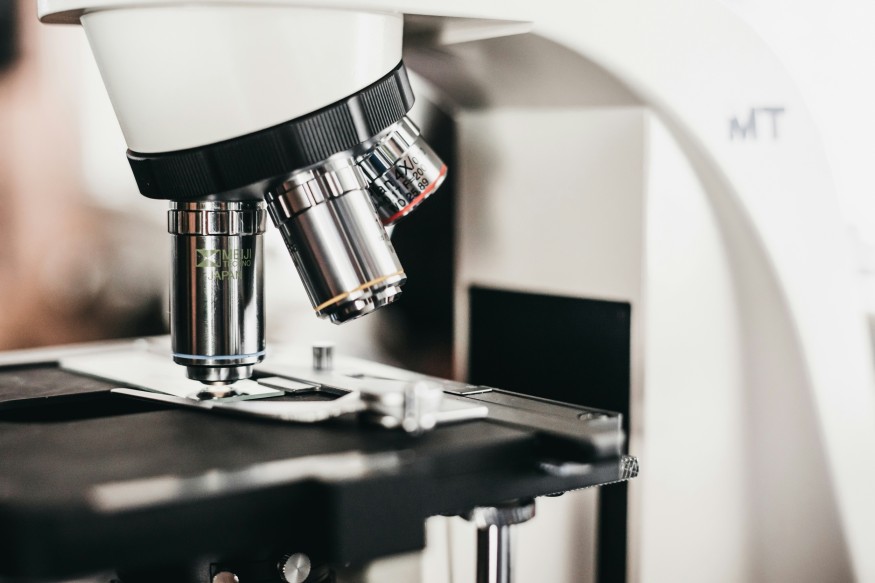Nanotechnology is one of the most revolutionary scientific fields shaping modern innovation. It involves manipulating matter at the atomic and molecular scale—typically between one and one hundred nanometers. At this size, materials gain unique properties, such as enhanced strength, conductivity, and chemical reactivity. This "tiny science" is now driving massive change in how we approach technology and healthcare.
Across industries, nanotechnology applications are redefining possibilities. From nanotech in medicine that targets cancer cells directly to nanomaterials used in renewable energy, its influence is far-reaching. This article provides an objective look at how nanotechnology is transforming medicine, improving daily technologies, and shaping the next wave of scientific advancement.
What Are the Key Applications of Nanotechnology?
Nanotechnology applications span multiple sectors, revolutionizing everything from healthcare to materials science. In medicine, nanotech is used for targeted drug delivery, allowing medications to reach affected cells more precisely and reduce side effects. Nanoparticles can carry drugs directly to tumors, bypassing healthy tissue and improving treatment outcomes. Nanotech is also central to advanced diagnostics, enabling earlier disease detection through nanoscale biosensors and imaging agents.
Beyond healthcare, electronics benefit from nanotech through smaller, faster, and more efficient devices. Nanoscale transistors are pushing computing performance to new heights. Materials science is another key area—nanomaterials such as graphene and carbon nanotubes enable lightweight yet incredibly strong composites for construction, aerospace, and automotive applications.
Environmental and industrial uses of nanotechnology are also expanding. Nanomaterials are improving water filtration systems, air purification, and sustainable energy solutions. For instance, nanostructured solar cells capture sunlight more efficiently, helping to power the next generation of renewable technology.
How Is Nanotechnology Revolutionizing Medicine?
Nanotechnology is transforming medicine by enabling precision treatments and advanced diagnostic tools. Its applications are already improving patient outcomes and opening doors to future innovations. Key ways nanotech is revolutionizing healthcare include:
- Targeted Drug Delivery: Nanoparticles allow drugs to be released slowly and precisely at specific sites in the body. Increases treatment effectiveness while reducing the need for high doses. Particularly beneficial for cancer therapy, attacking tumors without harming healthy cells.
- Enhanced Diagnostics: Nanodevices detect disease biomarkers at very early stages. Enables earlier intervention and better survival rates for illnesses like cancer and cardiovascular disease.
- Future Medical Innovations: Nanorobots: Potential for microscopic surgeries or repairing damaged cells directly. Gene therapy: Nanoscale carriers can deliver genetic material safely into cells to correct inherited disorders.
- Challenges and Considerations: Ethical and technical issues need to be addressed, including the long-term effects of nanoparticles on health and the environment. Regulatory frameworks must evolve to ensure nanotechnology is developed responsibly, balancing innovation with safety.
Nanotechnology in Everyday Life
Nanotechnology isn't limited to healthcare—it's increasingly present in products and processes we use every day. Key applications include:
- Consumer Electronics: Nanomaterials improve battery efficiency, screen durability, and electronic miniaturization.
- Environmental Solutions: Nanoscale filters and catalysts help purify water, reduce pollution, and improve energy efficiency.
- Materials and Textiles: Clothing and coatings can become stain-resistant, self-cleaning, or stronger without added weight.
- Food and Agriculture: Nanotech enhances food packaging, nutrient delivery, and crop protection, increasing sustainability and shelf life.
Adding this section broadens the article's scope and demonstrates the massive impact of nanotechnology outside medicine, helping your content appeal to a wider audience while staying keyword-relevant.
The Future of Nanotechnology and Its Impact on Technology
Nanotechnology's potential extends far beyond medicine. In computing, nanoscale transistors are driving the miniaturization of chips, enabling faster processing speeds while reducing energy consumption. Quantum computing, which relies on nanostructured materials, could soon make previously impossible calculations a reality.
In energy, nanotech is improving battery life and storage capacity through advanced materials like silicon nanowires and graphene electrodes. These innovations are critical to the future of electric vehicles and renewable energy systems. Manufacturing is also undergoing change as nanomaterials enable the creation of more durable, lightweight, and sustainable products.
Society as a whole stands to benefit from nanotech's progress—but challenges remain. Issues such as accessibility, cost, and environmental impact must be addressed to ensure the benefits of nanotechnology are shared globally. As research continues, interdisciplinary collaboration between scientists, engineers, and policymakers will be key to maximizing its positive impact.
Conclusion
Nanotechnology has rapidly evolved from a scientific concept into a transformative force across multiple industries. Through its wide-ranging applications in medicine, electronics, and energy, nanotech continues to shape a smarter and more efficient world. In healthcare, especially, its precision enables targeted treatments, faster diagnostics, and potential breakthroughs in personalized medicine. As ongoing research pushes the boundaries of what's possible, nanotechnology remains at the forefront of future technology. Its ability to manipulate the smallest particles is driving some of the biggest advancements in modern science. Staying informed about its progress helps us better understand how this tiny science continues to have a massive impact.
Frequently Asked Questions
1. What are some current nanotechnology applications in everyday life?
Nanotechnology is already used in sunscreen, antibacterial coatings, sports equipment, and water-repellent fabrics. These products benefit from nanomaterials' enhanced strength and protection.
2. How does nanotech improve medical treatments compared to traditional methods?
Nanotech allows precise targeting of diseased cells, minimizing side effects and improving treatment success rates compared to traditional broad-spectrum approaches.
3. Are there any risks associated with nanotechnology?
While nanotech offers many benefits, some nanoparticles may pose unknown long-term health or environmental risks. Ongoing studies aim to ensure safe development and usage.
4. What is the future outlook for nanotechnology in healthcare?
The future of nanotech in medicine is highly promising, with innovations like nanorobots, smart drug delivery systems, and nanosensors paving the way for more personalized treatments.
© 2026 ScienceTimes.com All rights reserved. Do not reproduce without permission. The window to the world of Science Times.












